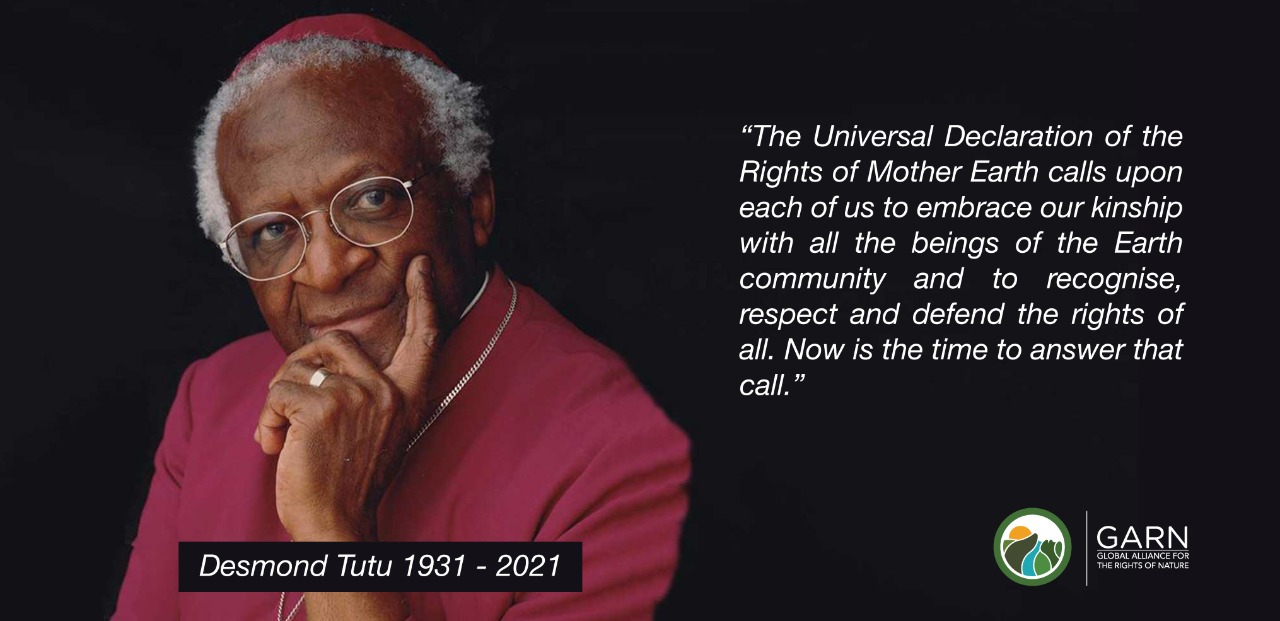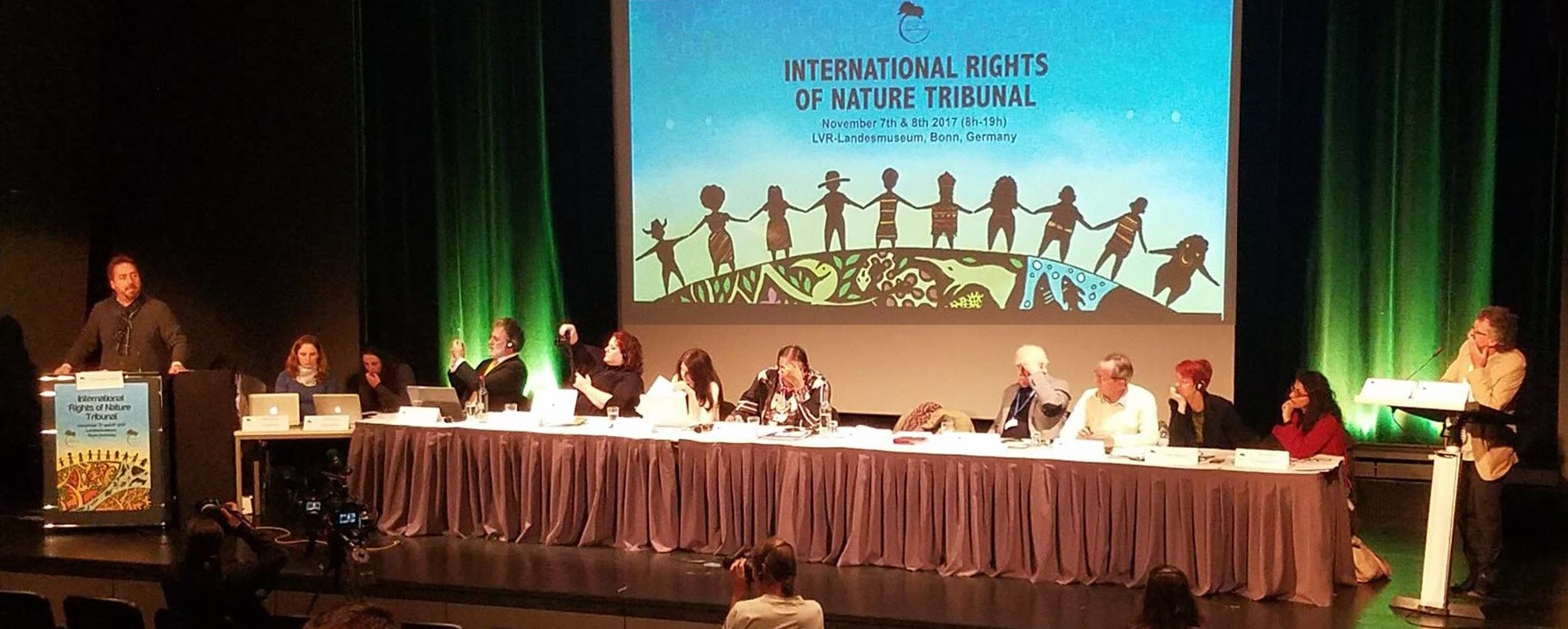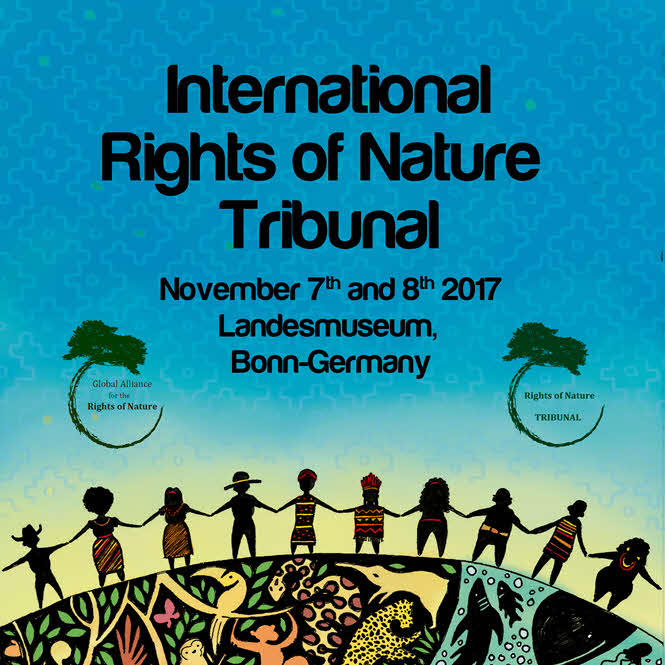Member States
Bolivia (Plurinational State of)
Proposal of the Plurinational State of Bolivia for the United Nations Conference on Sustainable Development (Rio+20)See complete submission at http://www.uncsd2012.org/rio20/index.php?page=view&type=510&nr=454&menu=20
The Rights of Nature The proposals developed by the Plurinational State of Bolivia bring together and build upon the progress made in the World Charter for Nature (1982), the Rio Declaration (1992), the Earth Charter (2000), and the World People’s Conference on Climate Change and the Rights of Mother Earth (2010): I. A DEEPER COMMITMENT TO SUSTAINABLE DEVELOPMENT IN THE 21ST CENTURY In this century, the central challenges of sustainable development are: on the one hand, to overcome poverty and the tremendous inequalities that exist and, on the other hand, reestablish the equilibrium of the Earth system. Both objectives are intrinsically linked and one cannot be reached independently of the other. It is essential to recognize and affirm that growth has limits. The pursuit of unending development on a finite planet is unsustainable and impossible. The limit to development is defined by the regenerative capacity of the Earth’s vital cycles. When growth begins to break that balance, as we see with global warming, we can no longer speak of it as development, but rather, the deterioration and destruction of our home. A certain level of growth and industrialization is needed to satisfy basic needs and guarantee the human rights of a population, but this level of “necessary development” is not about permanent growth, but rather, balance among humans and with nature.Costa Rica
Complete submission at http://www.uncsd2012.org/rio20/index.php?page=view&type=510&nr=457&menu=20
Similarly, it is vital to establish how to record systematically the contributions to sustainable development that are made by different actors and social and productive sectors at the international, national, regional and local levels. Such contributions are not generally reflected in systems of official statistics, since those are basically designed to record public investments. Significant contributions to progress towards sustainable development are made by efforts related to human resources training, support for local initiatives and vulnerable groups, information and awareness-raising activities, activities with a political impact and support for the rights of vulnerable peoples and groups, campaigns to defend the rights of endangered species and ecosystems, support for production and service programmes, etc.Ecuador
View complete submission at http://www.uncsd2012.org/rio20/index.php?page=view&type=510&nr=281&menu=20
2. New and urgent issues 17. The Conference should encourage recognition of the rights of nature, that is to say, the right to full respect for its existence, maintenance and regeneration of its life cycles, structures, functions and evolutionary processes. States should be urged to take precautionary measures and restrict activities that could lead to the extinction of species, the destruction of ecosystems or permanent changes to natural cycles. 18. We hereby call for a Universal Declaration of the Rights of Nature, as a response that would ensure that present and future generations can live well. 19. Ecuador proposes living well as an alternative to development, as a new paradigm to replace the prevailing model based on endless economic growth, which has led to overexploitation of natural resources and to poverty, inequality and exclusion of the majority of the population. Living well is a work in progress, borrowed from the ancestral knowledge of the indigenous peoples and nationalities, which involves living in harmony with oneself, nature and others to build democratic, inclusive, plurinational and multicultural States.Paraguay
Rio+20 Submission http://www.uncsd2012.org/rio20/index.php?page=view&type=510&nr=429&menu=20
Preliminary proposal of Paraguay for the United Nations Conference on Sustainable Development Rio +20 2.3. TOOLS FOR SUSTAINABLE DEVELOPMENTRestoring equilibrium with nature requires a recognition of the values inherent in nature, a clear definition of the obligations of human beings toward nature and a recognition of the human right to live in a healthy and ecologically balanced environment (Art. 7 of the National Constitution of Paraguay). Nature has rights that must be respected, promoted and defended; Earth has a right to its vital cycles, a right to regenerate itself, a right not to have its structure modified and the right to interact with the other parts of the biosphere. Unless the rights of nature are respected and safeguarded, it will not be possible to guarantee human rights and achieve sustainable development.NGOs
Earth Law Center
Earth Law Center urges decision-makers to highlight the following objectives in the Zero Draft, and to prioritize them for adoption and action at Rio +20:- Support Earth-based governance, in particular by recognizing and implementing in law the rights of ecosystems and species to exist, thrive and evolve.
- Endorse and promote adoption of the Universal Declaration of the Rights of Mother Earth and actively support its implementation globally.
- Re-define “sustainable development” and the “green economy” within the context of Earth-based laws and governance systems that recognize the rights of the natural world, rather than within the limited, injurious context of human-centered, unlimited economic growth and short-term, individual human gain.
- To ensure this objective is achieved, re-name and re-focus “sustainable development” as “sustainable communities,” a term which includes both human communities and the wider communities of the natural world.
- This re-focusing is needed to ensure that all elements of sustainable communities are considered. The current, market-based approach distorts communities to serve the economy. Elements of sustainable human communities include not just the economy, but also culture, societal/familial relations, healthy food, clean drinking water, sanitation, housing, necessary medical care, democratic governance, education, meaningful and appropriately rewarded labor, spirituality, civic duty, volunteerism, etc. Sustainable environmental communities similarly require healthy nutrients, clean water, biodiversity, restoration in the face of destruction, and thriving, connected habitats. The economy must be viewed as serving human and environmental communities, not the reverse.
Complete submission http://www.uncsd2012.org/rio20/index.php?page=view&type=510&nr=413&menu=20
Global Alliance for Rights of Nature
Complete submission http://www.uncsd2012.org/rio20/index.php?page=view&type=510&nr=35&menu=20
To achieve true sustainability, fundamental changes in laws and governance around the world are necessary – to move us from our current path of environmental harm and destruction, to one in which humankind’s relationship with nature is re-established. The Global Alliance for the Rights of Nature supports such change through the worldwide adoption of the Universal Declaration of the Rights of Mother Earth and laws securing the Rights of Nature, such that the rights of ecosystems and natural communities – upon which all life depends – are given the highest societal value and protection in law.
Overview of submission:We urge the organizers of Earth Summit/Rio +20:
- to call upon all States, regional bodies, organizations and individuals participating in Rio +20 to adopt the Universal Declaration of the Rights of Mother Earth and to actively support its implementation through law; and
- to include Plenary and working sessions on how to facilitate sustainable development in harmony with Nature by recognizing, implementing and defending the rights of Nature/ Mother Earth.


